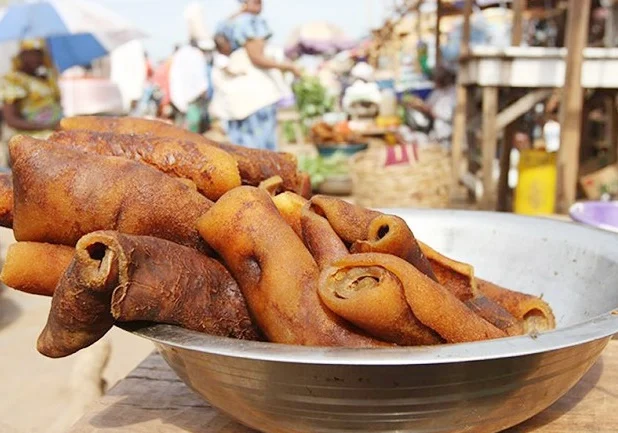The Nigerian Institute of Leather and Science Technology (NILEST) has announced plans to establish mini tanneries or factories in all states of the country to process hides and skin into leather.
Mohammed Yakubu, NILEST’s director-general (DG), shared the news in an interview with NAN on Sunday in Abuja.
Yakubu, who also serves as the chairman of the implementation committee for the national leather policy, emphasized the need for more tanneries to provide the necessary infrastructure and technology for proper leather processing.
He described leather as a significant national resource with the potential to generate foreign exchange and create massive employment opportunities.
“Nigeria is not unknown in the area of leather products. We used to have 84 leather industries and some even have branches in Italy and Spain,” Yakubu said.
“The Nigerian leather industry had branches in Europe. We want that to come back.”
According to the DG, the collapse of the leather industry was due to poor infrastructure. He stated that the institute and the policy implementation committee would continue to press the federal government for concessions, particularly in providing affordable power, to help the industries recover.
“It is not the issue of technology because NILEST is providing all the technical requirements for the Nigerian tanneries and Nigerian leather industry to make an impact in the world,” he said.
“We are not lacking that but poor infrastructure is what is hindering us, especially power which consumes over 50 percent of our production cost.”
Yakubu emphasized that for Nigeria to compete with global leaders like China, Brazil, and India in the leather industry, there must be a reliable and affordable power supply.
“There must be some concessions. We must provide cheap power to our industries, particularly the leather industries, for them to be able to compete with their foreign counterparts,” Yakubu said.
He also pointed out that the establishment of mini tanneries would help reduce the consumption of hides and skin in the country, as the number of industries currently in operation cannot absorb the excess products generated daily.
Animal skin is locally referred to as “ponmo.”
“We are eating the hides and skin as ponmo because if we don’t eat it, the available industries cannot mop all the hides and skin produced in Nigeria,” the DG explained.
“In Lagos State alone, they slaughter about 100,000 cows every day and there are only 48 industries that can buy and process the skin and convert it to leather.”
Yakubu noted that by reducing production costs, more industries would be able to emerge.
“The main problem is power. As far as I’m concerned, the issue of tax is secondary,” he said.
“What’s important is to employ our teeming youths and attract foreign exchange; therefore, whatever concession is given to the industries will never be a waste.”
“From the point of view of the leather policy, we are asking the government to take a look at the power component for our processing industries in Nigeria, because with this problem, it is not going to be an easy task for the industries to come back to life.”
“That is why we are planning to establish mini tanneries all over Nigeria; our campaign to make people stop eating Kpomo has gone far and wide.”
“We are aware that if people stop eating Kpomo, those people engaged in selling it will go out of business.”
“So in the interim, we, the institute, are going to have mini tanneries all over Nigeria, so that we buy the hides and skin, process it into leather and export the leather.”
Yakubu further revealed that the mini tanneries would process between one to five tonnes of leather each week from each cluster, particularly those areas where products could be made from the processed leather.

 BIG STORY2 days ago
BIG STORY2 days ago
 BIG STORY2 days ago
BIG STORY2 days ago
 BIG STORY3 days ago
BIG STORY3 days ago
 BIG STORY3 days ago
BIG STORY3 days ago
 BIG STORY2 days ago
BIG STORY2 days ago
 BIG STORY4 days ago
BIG STORY4 days ago
 BIG STORY2 days ago
BIG STORY2 days ago
 BIG STORY4 days ago
BIG STORY4 days ago

























